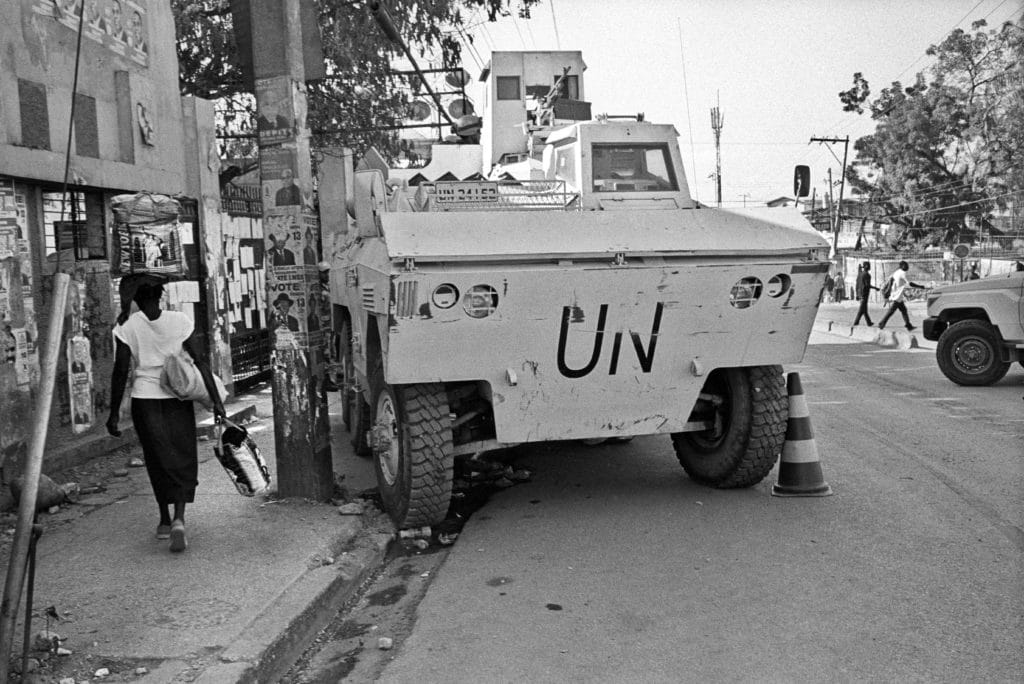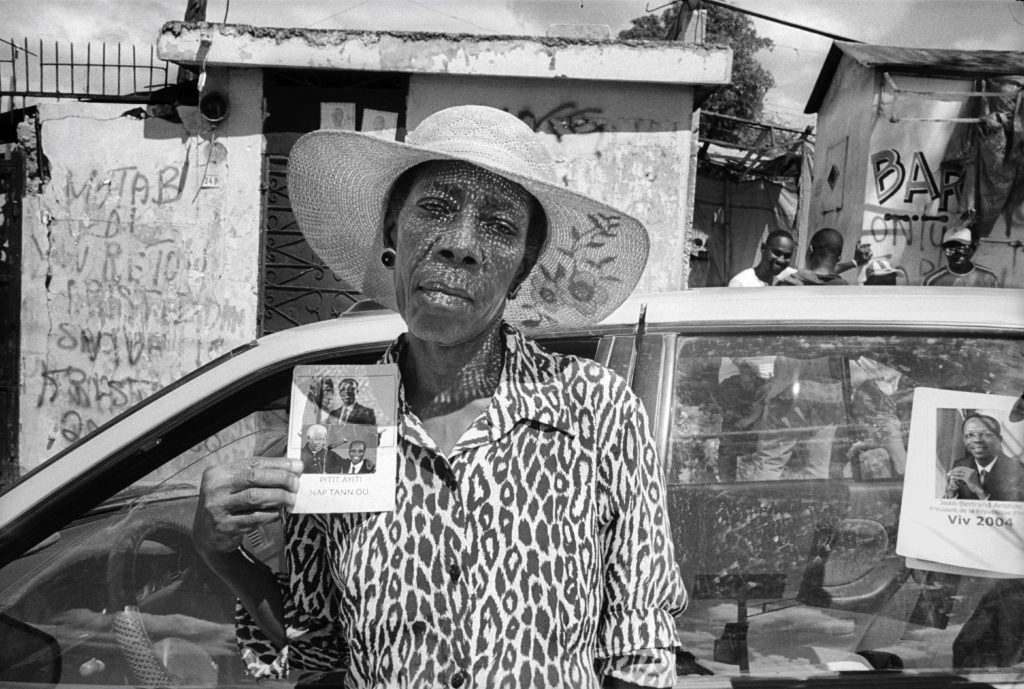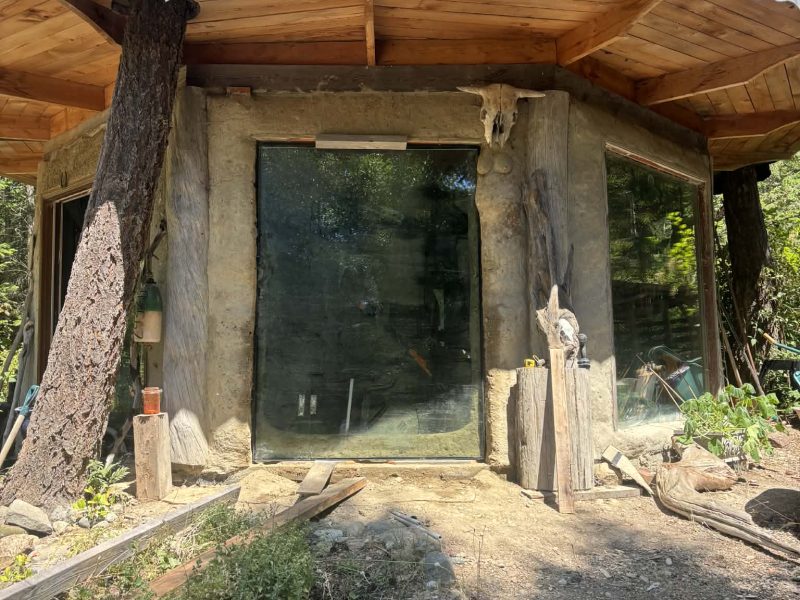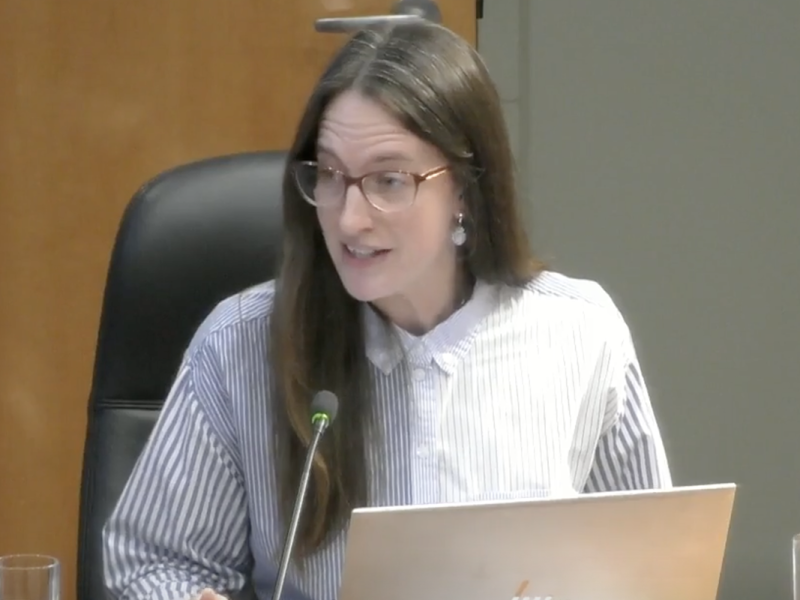
How does a former Ladysmith resident become an international photojournalist and documentary filmmaker? Elaine Brière, director and producer of Haiti Betrayed: How Canada Destroyed a Democracy has an idea.
“I started off as a human rights advocate. I wanted to help tell stories that were being hidden and the camera was the best way I could go about that,” she says. Brière’s photojournalism and photo activism have appeared in the Globe & Mail, the New York Review, Canadian Geographic, Amnesty International and Switzerland’s Neue Zurcher Zeitung.
Her use of black and white photography and silver film videography has been a key tool in showcasing human rights movements. Photography in her book, East Timor: Testimony, showcases the struggles and triumphs of East Timor as the people survived colonization and invasion.
Her film Bitter Paradise: The Sell-out of East Timor won Best Political Documentary at the 1997 HOT DOCS! film festival.
It was a camera around her neck that sparked Brière’s intertwining history with Haiti. In 2009, while in Port-au-Prince with her partner, who was working on water infrastructure in the region, Brière was approached by a Haitian in the town square of Cham Mas.
“He was shouting, ‘Blan, blan, (foreigner) you don’t know what is happening here,'” Brière recounts. “He wasn’t being aggressive, he was just very tired of the truth not being told, of people not understanding why Haiti is in the position it’s in.”
Brière would later learn the man was from Cité Soleil, a heavily impoverished commune near Port-au-Prince that’s been under United Nations Stabilization Mission watch since 2004.
“Taking off his hat, he spoke again,” she recounts. “‘They are killing us! We are poor people. Life is very hard. Tell them what they are doing to us. Tell them to stop.’ He began to cry. I held his hand until he composed himself. Then he put on his hat and slowly walked away. And this film is my response to that request.”

Thus began Brière’s deep dive into all that Haiti has been up against since its 1791 revolution. Though considered one the most successful revolutions in human history, France refused to recognize Haitian independence. As one quote in the film explains, “Haiti could not succeed. You could not have a former slave colony become a democratic republic. That has been the goal to destroy Haiti since.”
A key player in the recent acts to destabilize Haiti’s democracy? Canada, which once served as a refuge for thousands of Haitians fleeing violence between 1957 and 1990. But in the decade that followed, Canada participated in various interventions that continued to throw Haiti’s democracy into crisis.
“Haitians used to love Canada. Many of them still do. But they feel so very betrayed by our government and how Canada helped topple their democratic government in 2003.”

In her film, first released in 2019, Brière meticulously reconstructs Canada’s role in the events that led to the United Nations-sanctioned coup d’état on Feb. 29, 2004 and the crushing aftermath that followed.
“We claim ourselves this peace-keeping power in the world. We pride ourselves on being the good guys. But this little nation, who really galvanized the human rights movement by overthrowing slavery, has suffered so much because of the Canadian government’s actions. And citizens need to know that. Haiti deserves so much from the world because of all that beautiful little island has given us.”
Haiti Betrayed: How Canada Destroyed a Democracy can be rented online. A screening will be hosted at the Vancouver Island Regional Library on Saturday, Feb. 11.



